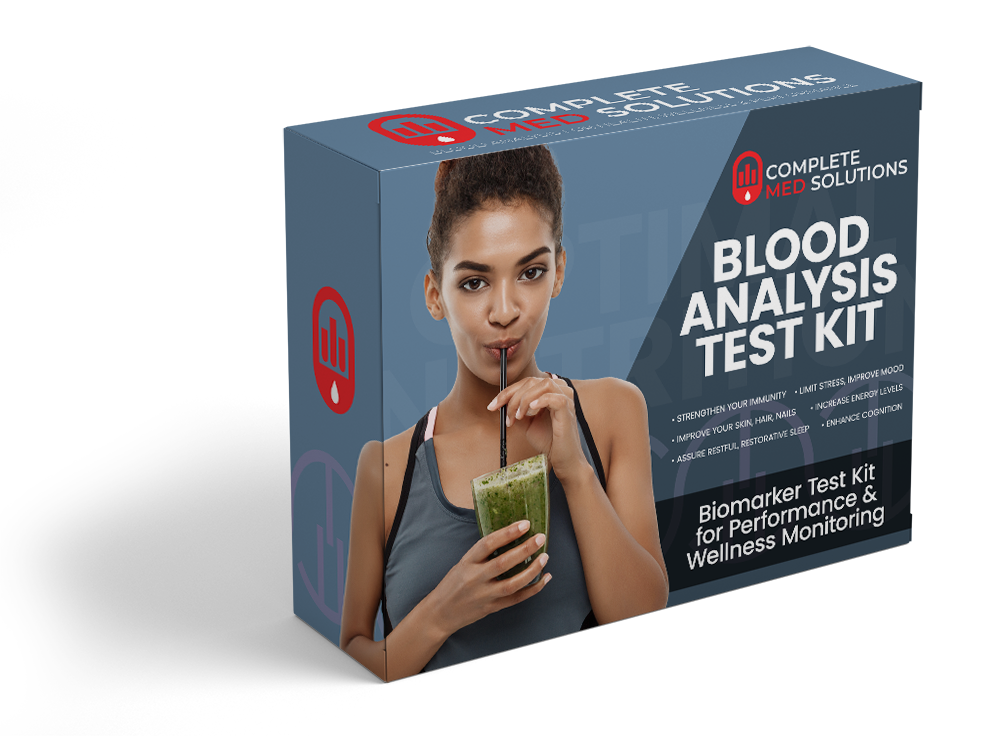This athlete used blood testing to help understand why she couldn’t lose weight or sleep well while training for an Iron distance triathlon.
In preparation for an Iron distance triathlon (2.4-mile swim, 112-mile bike ride, 26.2-mile run), triathlete Danita spent 15-20 hours a week getting ready for her event. Her daily calorie burn rate was 3,500 – 3,900 calories and her diet consisted of fruits, vegetables, and lean proteins (50% carbs, 25% fat, 25% protein). While she built her endurance, she remained frustrated with her percentage of body fat, night sweats, and inability to sleep even with this weekly training volume.
After going through the Complete Med Solutions program, the blood analysis revealed that her body was no longer producing adequate amounts of estrogen and progesterone due to the onset of menopause. A common and well-known consequence of low estrogen levels a slowed down metabolism leading to weight gain, as well as the increased fragility of bones seen in post-menopausal women, leading to osteoporosis. Estrogen is known to work in conjunction with calcium, vitamin D, and other minerals to keep bones strong, and without it, bones become brittle and tend to fracture more easily.
After consulting with the Complete Med Solutions team, it was decided that her training volume needed to be adjusted to put less stress on her body. This meant decreasing her high-intensity activities by 5% and adding more strength training to her program. In addition, InsideTracker’s nutritionists recommended adding foods that contain vitamin B6 to help boost estrogen and progesterone and maintain the estrogen-progesterone balance in the body. Some foods rich in vitamin B6 include turmeric, walnuts, chickpeas, quinoa, whole grains, cherries, and wild yams. They also recommended supplementing with the herb Black Cohosh to help alleviate nightly hot flashes.
After following the recommendations of Complete Med Solutions and InsideTracker, Danita’s strength to weight percentages increased, she lost 3% body fat and increased lean muscle mass by 7%, her night sweats decreased, and she started sleeping better. In a subsequent blood re-test three months later, the analysis showed that her estrogen and progesterone levels had improved slightly, and she went on to complete her first long distance triathlon successfully.






